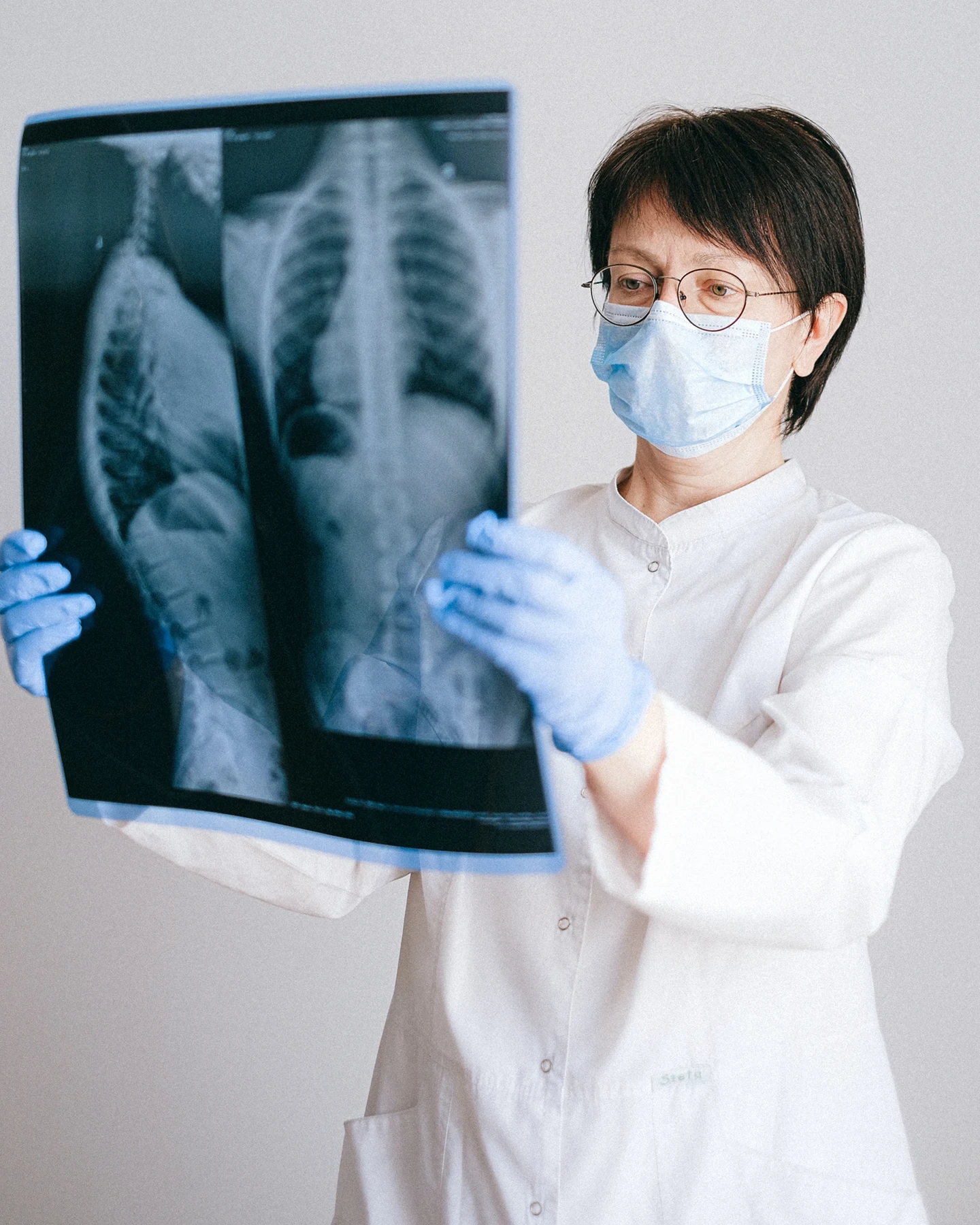The coronavirus that causes COVID-19 can permanently harm the lungs, heart muscle, kidneys, brain, and other organs. Furthermore, some persons (called "long haulers") who recover from COVID's severe symptoms may experience debilitating tiredness, trouble thinking, and other symptoms that make it impossible to function normally at work or at home.
As if the pain wasn't bad enough, it's becoming evident that people who recover from COVID have a higher chance of contracting a number of other diseases. Research published online by the journal Nature on April 22, 2021, compared 73,000 U.S. veterans who survived COVID against almost five million non-hospitalized veterans without COVID and another big group with pneumonia caused by. In terms of age, sex, race and ethnicity, neighbourhood where they resided, patient's previous medical history, use of medical services, and other factors, the two comparison groups were similar to the COVID group. All of the groups were monitored for four months on average. People who "recovered" from COVID were more likely to acquire new health issues during that period, such as heart attacks, high cholesterol, high blood pressure, muscle inflammation, diabetes and blood clots in their lungs. COVID patients had a 60 per cent greater chance of dying during the study. People became more vulnerable to infections as a result of the coronavirus's response to the body, even after the virus's symptoms had ended. Although individuals who had been sickest with COVID had the highest risk of these diseases, even those who were only slightly ill had a higher risk.
British research published in The Lancet Psychiatry on April 6, 2021, compared 236,000 COVID patients to an even bigger group of persons who had other respiratory illnesses over the same time period and were otherwise similar. The chances of many brain disorders — strokes from clots or haemorrhages, and psychosis — were higher in the six months following "recovery" from COVID. Each of these conditions can happen when someone gets infected with COVID and is sick, but it was surprising to find that the elevated risk continues even after COVID symptoms (pneumonia, fever, loss of smell, and others) had ended.
In conclusion, COVID is considerably more harmful to your health than previously thought. The vaccinations that are now available provide excellent protection. We can say with certainty that significant side effects are rare since 150 million people in the United States have previously been vaccinated. You owe it to yourself, your family and friends, and your community to be vaccinated if you haven't already.

